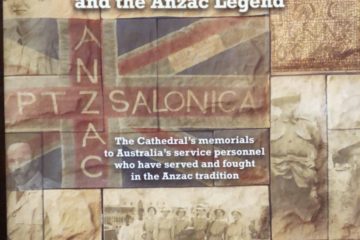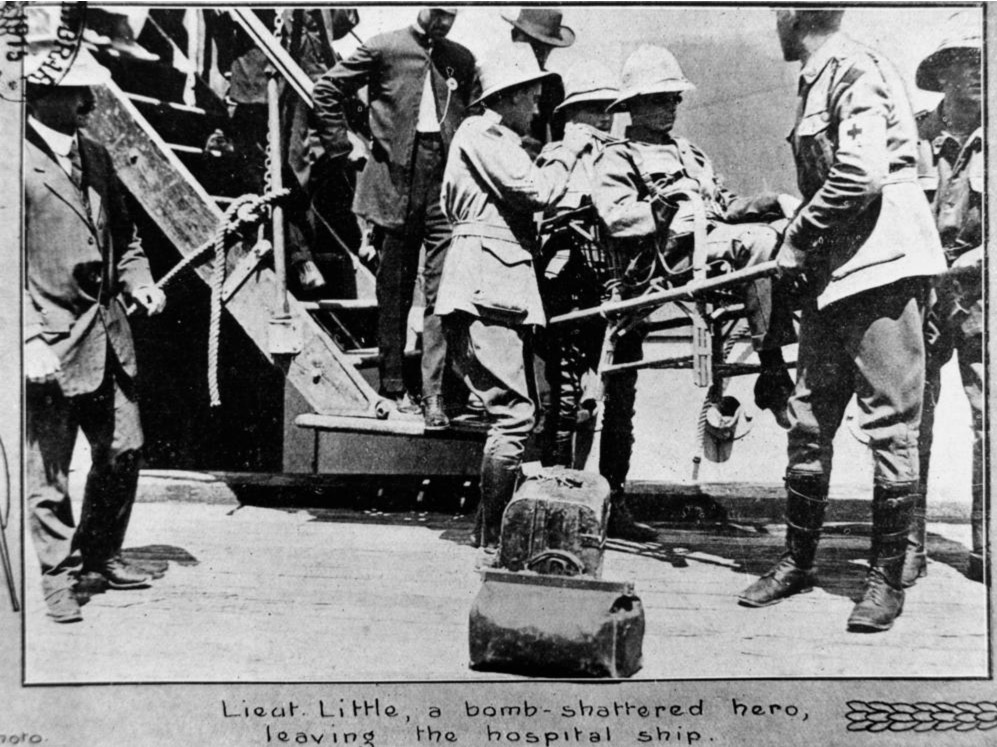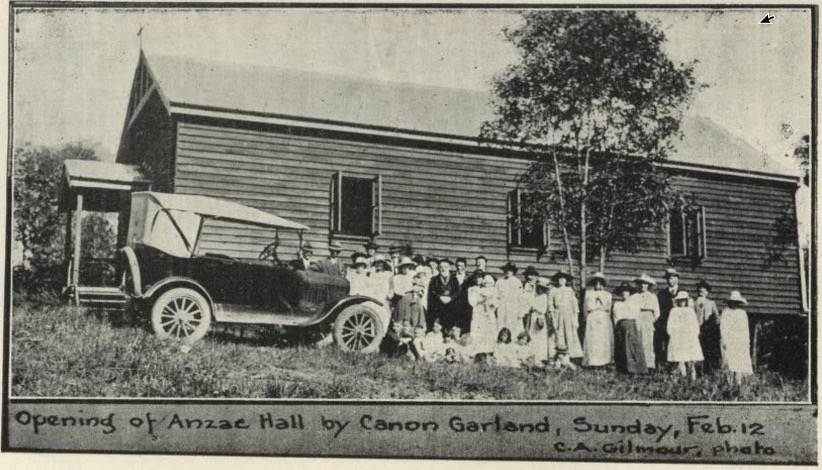Life in camp and conscription
SOLDIERS’ HELP SOCIETY.
CANON GARLAND’S ADDRESS
QUEENSLAND RECRUITING MARCH.
OVERLOOKING THE PRIMARY NEED.
Lieutenant Colonel Chaplain Garland, the well-known and popular camp chaplain, addressed a public gathering in St. James’ Parish Hall [ 145 Mort Street, Toowoomba ] last evening, under the auspices of The Church of England Soldiers’ Help Society.
The Rev. A. Davis (rector of St. James’) [ Alfred Davis ] presided, and remarked that the Society had been sending a monthly contribution of £10 [ equivalent to $20.00 ] towards the work.
Colonel Canon Garland dealt with the important question of recruiting, as distinct from conscription, and so with the religious work being carried on amongst the soldiers who had been and were at present in camp.
There had seldom been less than 10,000 men in camp, he said. During the week more than 3,000 had been sent away, and he believed that at the weekend there would still remain 10,000 soldiers in camp.
It was true that Queensland had done much better during the last few months in the way of recruiting than previously, and proportionately with the population had done better than other States, but still the recruiting was not as it should be.
He did not know whether there had been any diminution in the attendance at amusements, but it was certain that politics were distracting the attention of the people when the very existence of the Empire was at stake.
He did not think the people were told enough of the danger the Empire was in. That partly accounted for the apathy.
Arrangements were being made for a recruiting march in Queensland, and Warwick had agreed to the proposal that the town should be the starting point.
It was hoped to have a “big day” when Toowoomba was reached, and he hoped Toowoomba people, as citizens, would take the matter up thoroughly, and make the march as a recruiting effort a great success.
The march would probably take place about the middle of November.
The speaker dwelt on the work being done in camp for the moral wellbeing of the soldiers, and on the drink question confessed to not being averse to the wet canteen, in view of the fact that many men were so accustomed to take a glass of beer or of spirits, that they looked for it and required it under the physical strain of camp life.
The men were so appreciative of what was being done for them in the way of providing religious facilities that the Church of England tents were known among them as their “homes”, and he appealed for subscriptions towards the Darling Downs tent which was being erected in the Exhibition Grounds camp at Brisbane.
Questions were invited at the close of the address, and a lady introduced the question of conscription.
Colonel Canon Garland preferred not to become involved in the question, seeing that he was out to secure volunteers, and added that in his opinion there were not enough recruiting posters in Toowoomba.
Whilst not wishing to be misunderstood, he might say it appeared to him, too, that a great deal of energy which might be utilised to better purpose in the way of securing recruits was being applied to subsidiary objects, such as the promotion of raffles, and the sale of flowers for patriotic objects.
Although admirable enough in their way, efforts of the kind would never save the Empire, and nothing should hinder people from providing men and munitions, which was the imperative need if they win to win the war. (Applause.)
The National Anthem was sung in conclusion.


